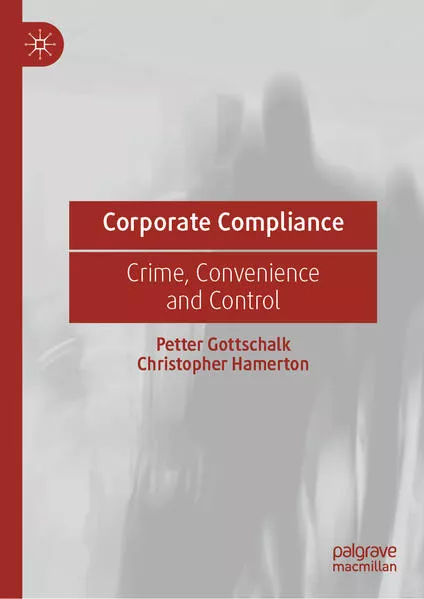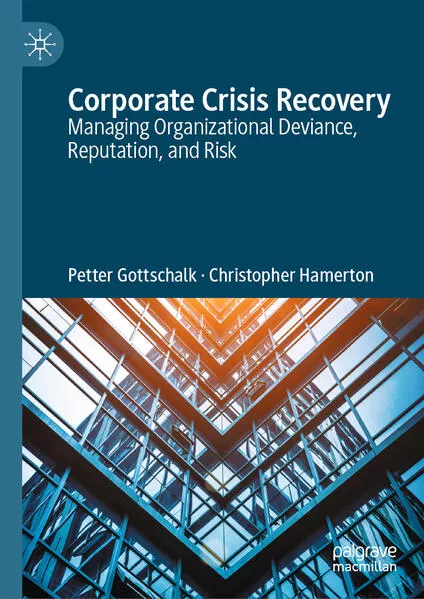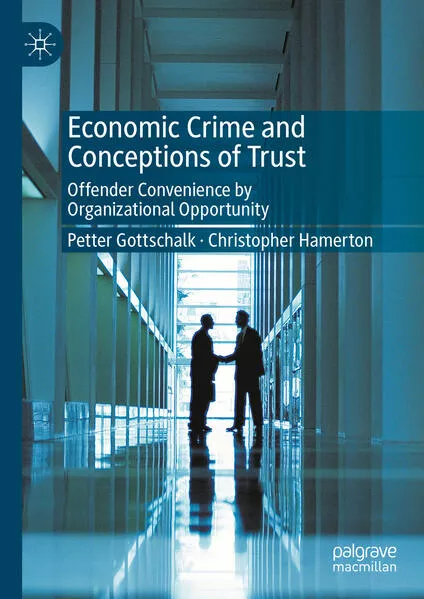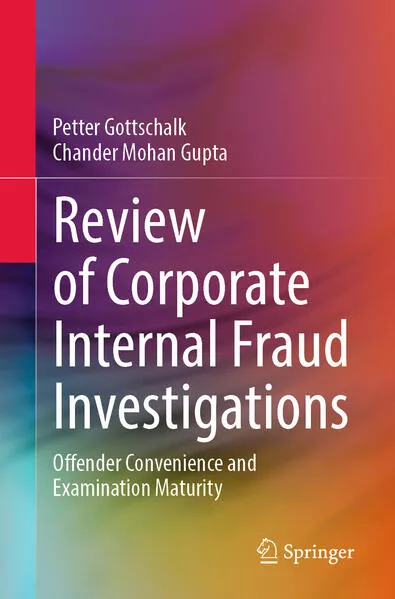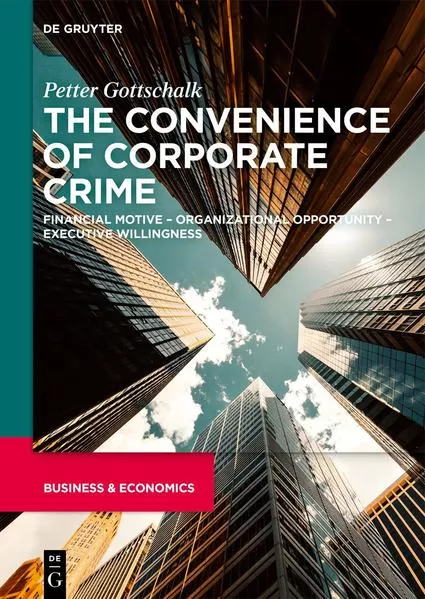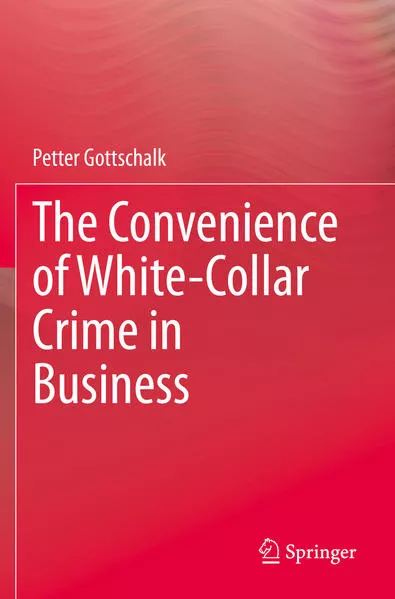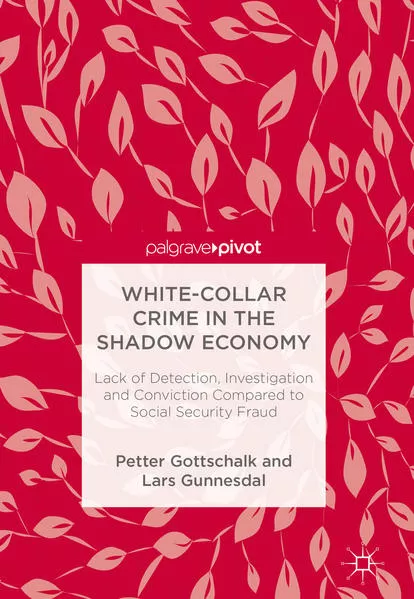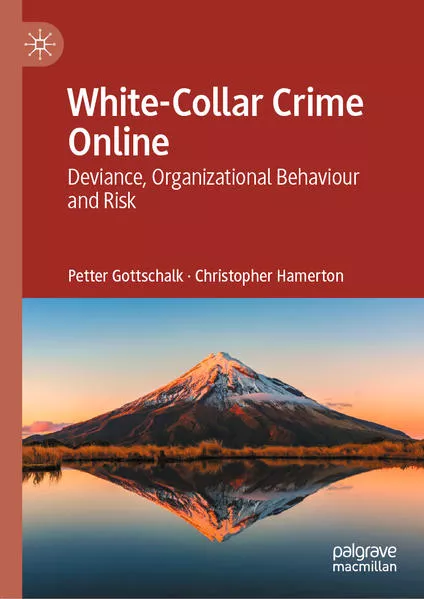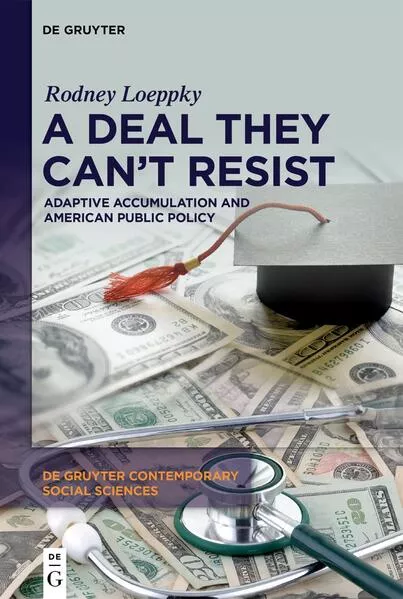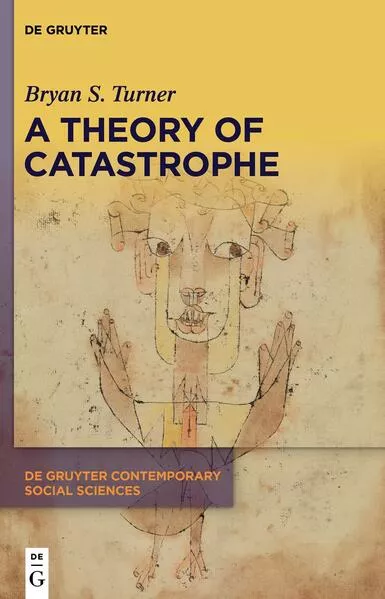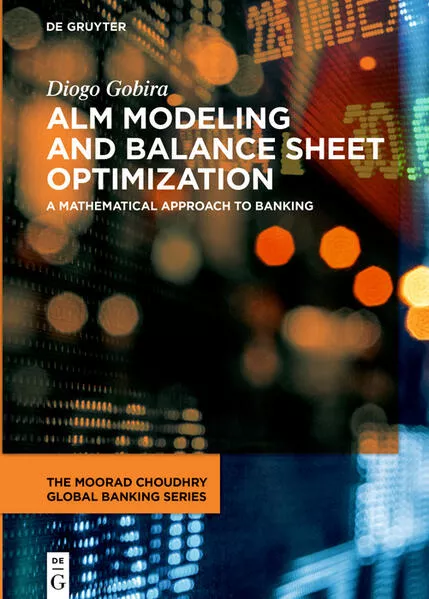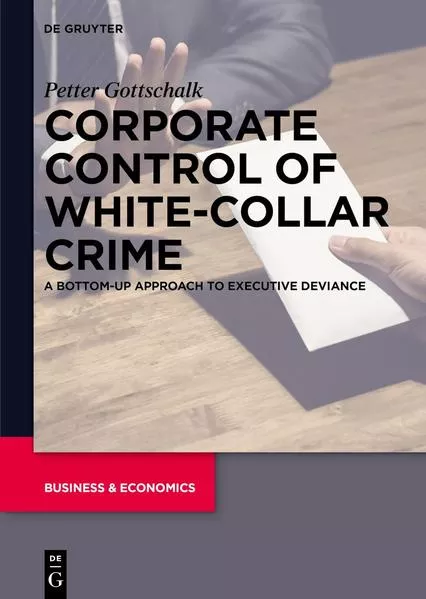
Corporate Control of White-Collar Crime
A Bottom-Up Approach to Executive Deviance
Traditionally, corporate control is all about top-down approaches to management of employees. Executives attempt to influence employees toward achieving business goals, and they attempt to prevent and detect wrongdoing, misconduct, and crime among employees. However, top-down approaches to corporate control do not work when executives and other privileged individuals in the business themselves commit and conceal their wrongdoing, misconduct, and crime in organizational settings. Then there is a need for a bottom-up approach in corporate control as outlined in this book.
Bottom-up control refers to the manner in which organizational members can use different types of control mechanisms – such as whistleblowing, transparency, resource access, or culture – to monitor, measure, and evaluate executives’ avoidance of deviant behaviors and influence them toward achieving the organization’s goals in efficient and effective ways.
The newly emerging perspective of a social license to operate forms part of the bottom-up strategy where criminalization becomes social property independent of the criminal justice system. The social license is predominantly centered on social permission for business activity where the media, social movements, and citizen watchdogs exert pressure, demand change, and bring top management to account.
This book presents a novel approach to corporate control of white-collar crime based on the theory of convenience. White-collar crime is financial crime committed by privileged individuals who have legitimate access to resources based on the power and trust inherent through their professional positions. Convenience theory proposes that motive, opportunity, and willingness are the three dimensions that underlie white-collar crime in an organizational context. This book contributes to the study of white-collar criminality through a blend of theoretical discussions and practical materials that illuminate and support the use of convenience theory. The book discusses how bottom-up approaches can overcome the difficulty of detecting white-collar crime and overcome the barriers of preventing executive deviance.
Unterstütze den lokalen Buchhandel
Nutze die PLZ-Suche um einen Buchhändler in Deiner Nähe zu finden.
Bestelle dieses Buch im Internet
| Veröffentlichung: | 20.09.2022 |
| Seiten | 225 |
| Art des Mediums | E-Book [Kindle] |
| Preis DE | EUR 86.95 |
| Preis AT | EUR 86.95 |
| Auflage | 1. Auflage |
| ISBN-13 | 978-3-110-98668-6 |
| ISBN-10 | 311098668X |
Über den Autor
Petter Gottschalk is Professor of Information Systems and Knowledge Management at BI Norwegian Business School, Norway. He is the author of over 20 books on the topic of white-collar crime and knowledge management. He has served as CEO of Norwegian Computing Center, ABB Datakabel, Statens kantiner, and Norsk Informasjonsteknologi (NIT). He has lectured on criminal entrepreneurship, organised crime, and knowledge management at the Norwegian Police University College in Oslo, where his books on criminal organisations and police intelligence processes are used as text books. Dr. Gottschalk did his MBA in Germany (Technical University of Berlin), MSc in the United States (Dartmouth College and MIT), and DBA in the United Kingdom (Henley Management College, Brunel University). He has taught in Singapore; at Fudan University, China; and at the Arab Academy for Science, Technology, and Maritime Transport, Egypt. His studies on crime and policing is published extensively in international resea
Diesen Artikel teilen
0 Kommentar zu diesem Buch
... weitere Publikationen von Gottschalk, Petter
.... weitere Publikationen von De Gruyter
Kinderbuch »Lasse und Juna - Total versteinert!« – Wikingerabenteuer mit Mut, Freundschaft und Entdeckergeist
Bewerbungsfrist bis zum: 05.03.2026


